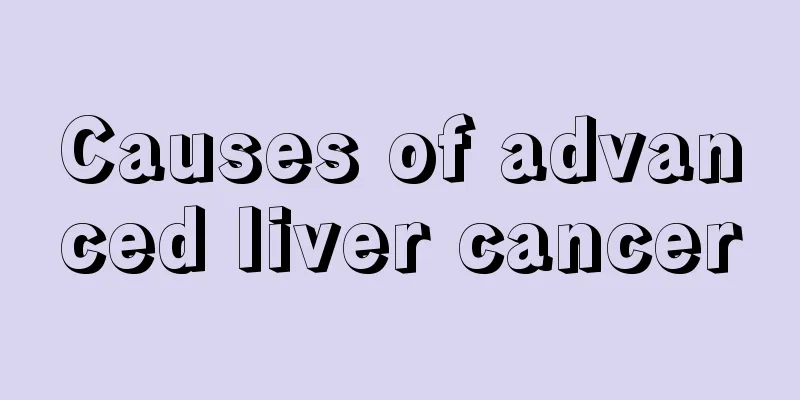The efficacy and function of xylitol

|
Xylitol is a sweetener extracted from nature and is different from ordinary white sugar. Xylitol has many benefits and functions. It can provide sweetness for some people who cannot eat white sugar. Xylitol is added to many foods and is a very healthy additive. What we often see is xylitol chewing gum. Although xylitol has many benefits to the body, it also has some harms. What is Xylitol Xylitol originated in Finland and is a natural sweetener extracted from plant materials such as birch, oak, corn cobs, and bagasse. In nature, xylitol is widely distributed and exists in various fruits, vegetables, and cereals, but the content is very low. Commercial xylitol is made through deep processing of agricultural crops such as corn cobs and sugarcane bagasse. It is a natural and healthy sweetener. For the human body, xylitol is not an "imported product". It is an intermediate in the normal sugar metabolism of the human body. The efficacy and function of xylitol 1. Stabilize blood sugar Xylitol is a sweetener that can be used instead of white sugar. It can be consumed by people with hyperglycemia and diabetes. After entering the human body, it can be metabolized without passing through the pancreas. It can also promote glycogen synthesis and provide energy for human cells. After consumption, it can stabilize blood sugar and reduce the occurrence of symptoms such as polyphagia, polydipsia and polyuria in diabetic patients. 2. Improve liver function Xylitol has a certain effect on human liver. After being absorbed by the human body, this substance can promote glycogen synthesis, stabilize blood sugar, improve human liver function, prevent fat accumulation in the liver, and prevent fatty liver and hepatitis B. In addition, for people with chronic hepatitis and cirrhosis, eating more xylitol is also very beneficial to recovery. 3. Protect your teeth Xylitol has a certain protective effect on human teeth. Although it tastes very sweet, it will not produce bacteria in the human mouth, nor will it allow bacteria to ferment. It contains some active ingredients that can inhibit the production of various pathogens and acidic components, and can reduce the corrosion and damage of these substances to teeth, thereby playing an important role in protecting teeth. The harm of xylitol Excessive intake of xylitol can cause diarrhea. This is because it is not easily broken down by enzymes in the stomach and will directly enter the intestines. Eating too much will cause certain irritation to the gastrointestinal tract, which may cause abdominal discomfort, bloating, and intestinal rumbling. In addition, the absorption rate of xylitol in the intestine is less than 20%, and it is easy to accumulate in the intestinal wall, which can easily cause diarrhea. Therefore, it is recommended that the total daily intake of each person should not exceed 20 grams. It is important to note that although xylitol causes a lower increase in blood sugar levels and a lower rate than glucose and sucrose, diabetics should also eat it with caution, as excessive intake can cause blood sugar to rise. |
<<: The difference between xylitol and sugar
>>: What are the symptoms of feeling dizzy and confused due to a cold
Recommend
What should I do if I have intestinal motility disorder?
Intestinal motility disorder should not be so unf...
What to do if you have a runny nose due to a cold, how to treat it
Many of our friends experience runny nose and cou...
What tests are needed for nasopharyngeal cancer and how to identify it
What tests are needed for nasopharyngeal cancer? ...
The effect of beer on muscles
Beer has a relatively large impact on muscles bec...
What happens if I have stomachache after eating eggs?
Egg white itself has a fishy smell, and some peop...
What should I do if I have an extramarital affair
Extramarital affairs are a common phenomenon in l...
Do I need to go to bed early for a physical examination?
You need to go to bed early for a physical examin...
What to do if wisdom teeth are inflamed and have pus
When wisdom teeth become inflamed and abscesses a...
What are the symptoms of lung cancer metastasis to bones? Severe cases may lead to paralysis
Symptoms of lung cancer metastasis to bones inclu...
Three dietary secrets for eternal youth
The kidneys are the source of a woman's beaut...
Experts suggest 10 things that ruin your sleep
1. Eating dinner too late If you've always ha...
Can I get pregnant if I am positive for herpes simplex virus type 1
The public doesn't seem to know much about he...
What are the causes of otolith shedding
Otoliths are one of the important structures of t...
What is the simplest and most effective way to reduce the size of the nostrils?
Many people's facial features look good, but ...
The efficacy and function of brewer's yeast
When brewing beer, a kind of yeast specifically u...









